- Online only
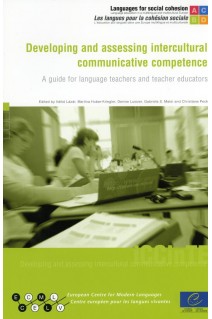


Part 1: Guidelines for the teaching of intercultural communicative competence (ICC)
1. Introduction
2. Theoretical background
2.1 Defining culture and Culture
2.2 Cultural awareness and the process of acculturation
2.3 Intercultural communication and intercultural communicative competence in language teaching
3. Planning intercultural communication workshops
3.1 Who will be the participants of the workshop or course?
3.2 Why do you hold this workshop?
3.3 What will you teach?
3.4 How will you do the training?
3.5 Evaluation of intercultural communication training sessions
3.6 Final checklist before you start teaching the workshop or course
4. Materials and activities to develop intercultural competence
4.1 Introduction - Intercultural competence through literature, films and songs
Part 2: Guidelines for the assessment of intercultural communicative competence (ICC)
1. Introduction
2. Conceptual framework of reference for ICC
2.1 Theoretical aspects
2.2 Dimensions of ICC
3. Assessing the three dimensions of ICC
3.1. Assessing mtercultural knowledge/savoirs
3.2. Assessing intercultural know-how/savoir-faire
3.3. Assessing intercultural being/savoir-être
4. Methods of assessment
5. Steps in assessing ICC
6. Assessing ICC: an example through an authentic learning unit
7. Final appreciation: levels of performance in assessing ICC
8 Conclusion: limitations and teachers' intercultural competence
8.1 Limitations
8.2 Survey instruments to assess teachers' competence in ICC
9. Preview of the CD-Rom
Part 3: The Authors

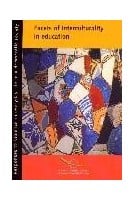
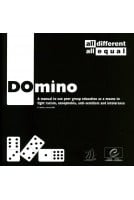

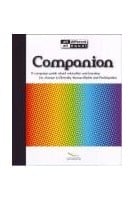
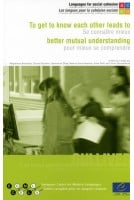
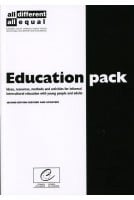





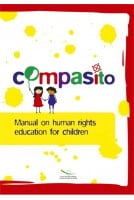


Please note that in accordance with our terms & conditions, PDF/epubs may only be purchased by private individuals.
